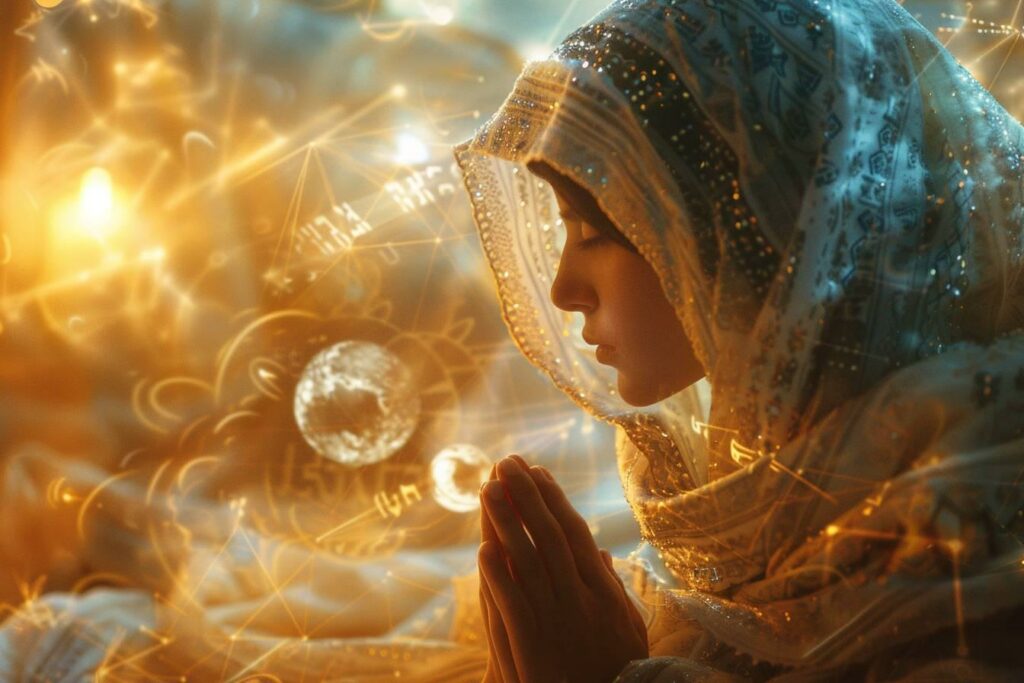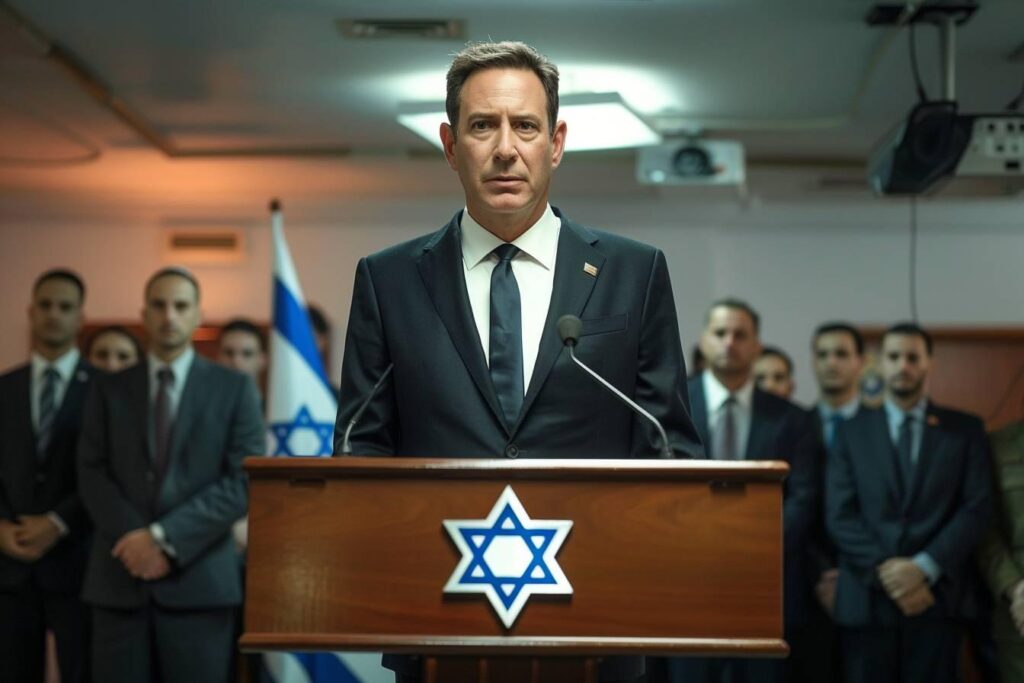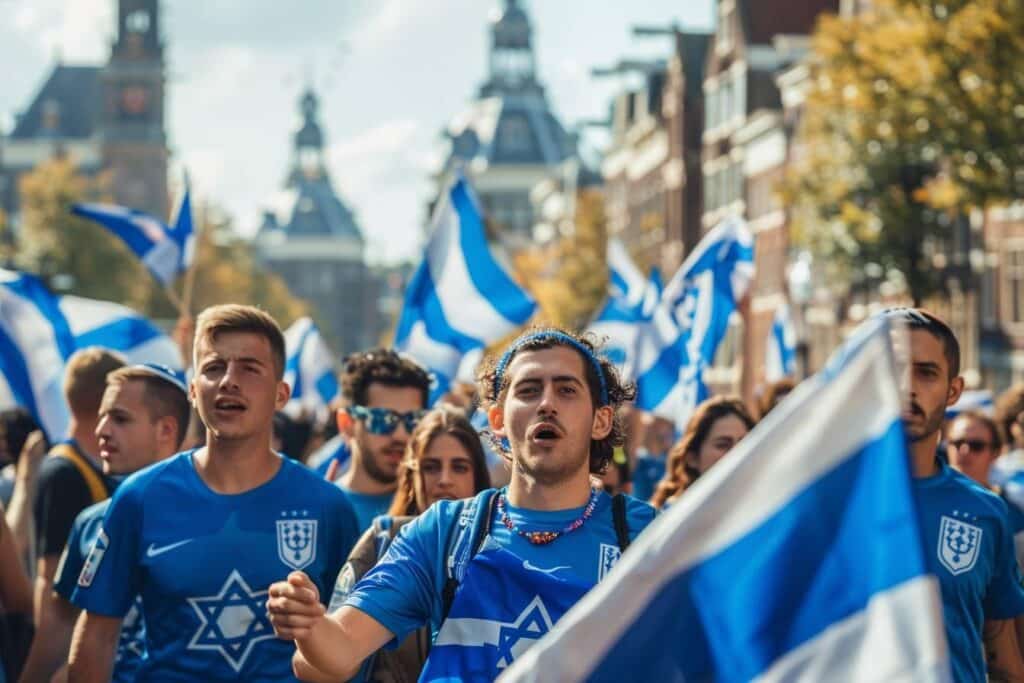Facing Challenges Together: The Power of Community in the Jewish High Holidays

In an era marked by increasing challenges, including rising antisemitism and geopolitical tensions, the Jewish High Holidays—Rosh Hashanah and Yom Kippur—offer a profound opportunity for reflection, renewal, and community strengthening.
The Current Global Climate for Jews
As we approach the High Holidays, the Jewish community finds itself navigating a complex global landscape. Reports from around the world highlight an uptick in antisemitic incidents, while conflicts such as those involving Hamas continue to affect Jews directly and indirectly. In these turbulent times, the traditional prayers of the High Holidays gain not just relevance but urgency.
The Unetaneh Tokef, a pivotal liturgical poem recited during these days, poignantly asks us who shall live and who shall die, who by fire and who by water, underscoring the unpredictability and fragility of life. This year, more than ever, these words resonate deeply, mirroring our collective anxieties and the harsh realities confronting us daily.
Bridging the Gap Between Prayer and Reality
While the High Holidays are inherently a time of introspection and penitence, this year they call for an additional focus: action. The traditional pillars of teshuvah (repentance), tefilah (prayer), and tsedakah (charity) are indispensable. Yet, as we chant the prayers and seek personal redemption, there’s a growing recognition that these alone may not suffice to address the broader societal challenges facing our community.
The Role of Community in Times of Crisis
I recently traveled through several countries where I witnessed firsthand the vital role that community plays in sustaining us during crises. In Moldova, I met a widowed retired cook whose resilience was fortified by the support she received from her local Jewish community. Her story is a testament to how our communal institutions serve as both a safety net and a source of strength.
In Israel, amidst sirens and shelters, I saw how individuals drawn together by conflict found solace in shared experiences and mutual support. And in Ukraine, a young man discovering his Jewish roots amidst war has now become a pillar for others, counseling families at a camp designed to provide refuge and continuity.
Embracing Mutual Responsibility
This sense of interconnectedness—of bearing one another’s burdens—is not new to Judaism. The concept of kol Yisrael arevim zeh bazeh (all of Israel is responsible for one another) is deeply embedded in our philosophy. Today, it calls us not only to reflect but to act.
- Show Up: Physically or virtually, showing up for each other is more crucial than ever. Whether it’s attending services together, checking in on vulnerable community members, or participating in community security initiatives, presence matters.
- Support: Beyond charity, support means advocating for each other’s safety and rights, educating others about our heritage and struggles, and standing firm against antisemitism and all forms of hate.
- Sustain: Strengthening our institutions—schools, synagogues, community centers—is essential to maintaining our cultural vitality and ensuring our ability to meet future challenges.
This enhanced focus on mutual responsibility doesn’t diminish the importance of personal reflection during the High Holidays; rather, it amplifies its impact. When we repent not only for our sins but also for our inactions towards communal obligations, we grow both individually and collectively.
A Blessing Not A Burden
The notion of communal responsibility might seem daunting but viewed through the lens of love and duty towards one another, it becomes not just bearable but enriching. It is in our communal response that we find not only safety but also joy—the joy of belonging, of caring, and of sharing burdens.
The stories I’ve encountered on my travels—the widow in Moldova, the families in Israel and Ukraine—illustrate that our spirit is strongest when we are together. These narratives are real-life affirmations that no Jew needs to confront sorrow or celebration alone; we have a whole community ready to stand by us.
Conclusion: A Call for Collective Action
This year’s High Holidays should serve as a clarion call for collective action. As we engage in soul-searching about our personal lives during Rosh Hashanah and Yom Kippur, let’s also consider our roles within the larger Jewish tapestry. Let’s embrace our traditions not just as rituals but as calls to action—to protect each other, support each other, and ensure that next year’s Unetaneh Tokef meets a congregation stronger not just in number but in unity and purpose.
We are indeed stronger together—this year let’s prove it not just through words but through deeds.



